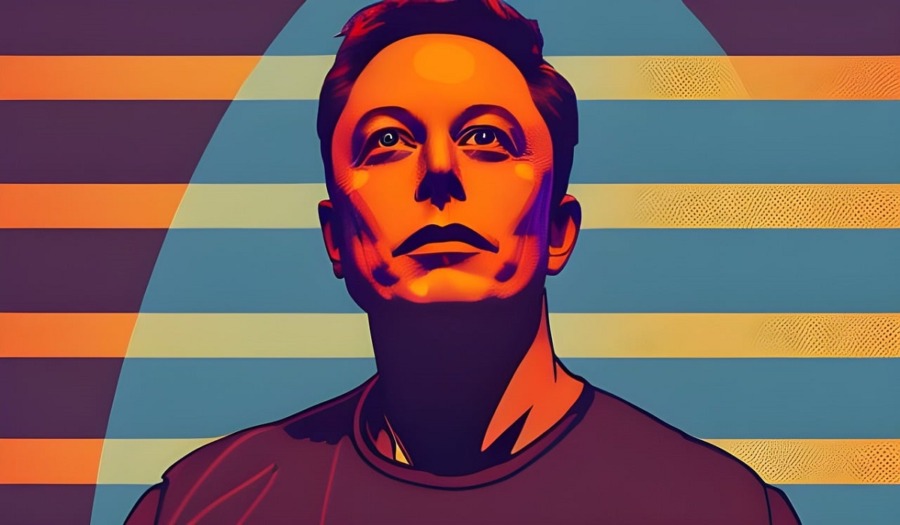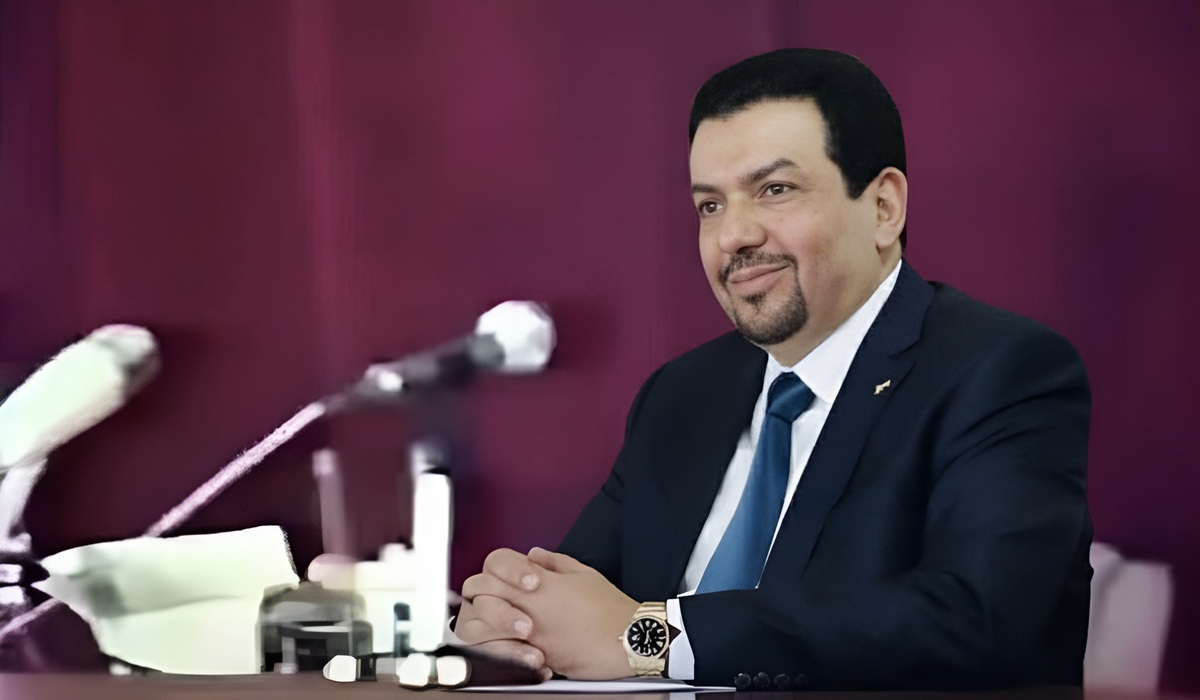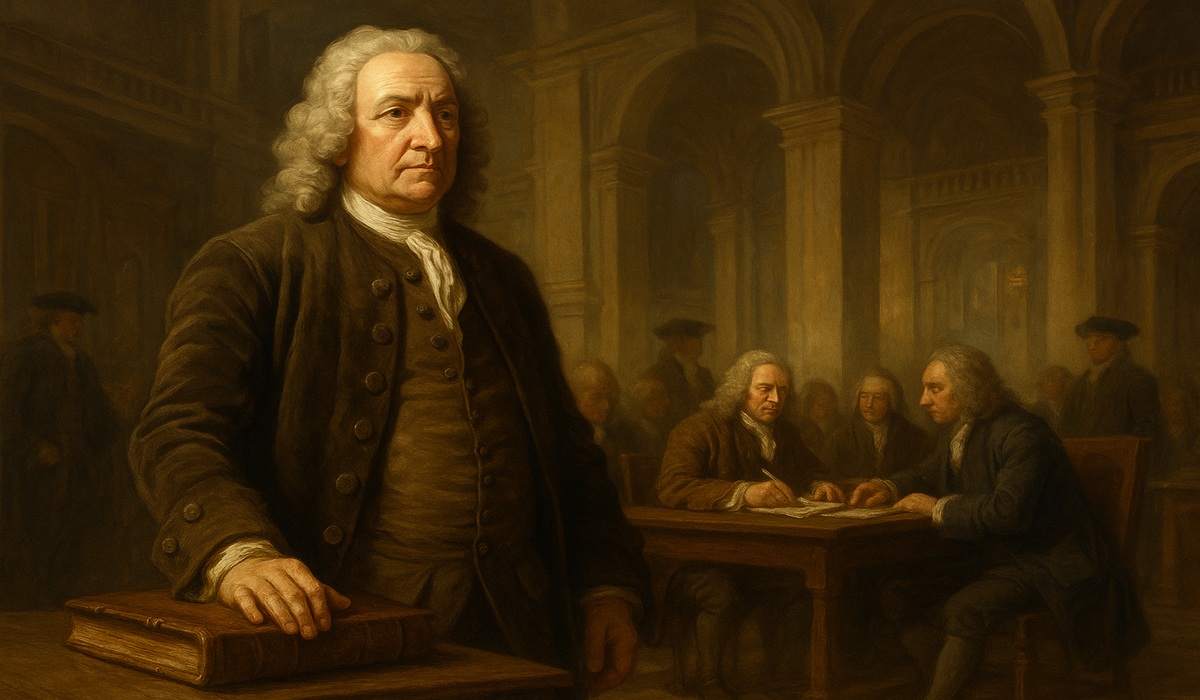Elon Musk vs. Legacy Media: Has Twitter Become What He Despised?
- TDS News
- Op-Ed
- Trending News
- October 1, 2025

By Donovan Martin Sr, Editor in Chief
Elon Musk has always relished being the outsider. Whether it’s building electric cars that Wall Street dismissed, landing reusable rockets, or talking about colonizing Mars, he thrives on being the one to disrupt the establishment. Lately, his crosshairs have been aimed at what he calls “legacy media.” In one recent post, Musk said one thing legacy media is especially good at is propaganda—making people believe things that are untrue. It was a shot fired at the traditional press, but also an ironic moment. Because if Musk is right about propaganda being a tool of legacy media, then by the same logic, his own platform, Twitter, might just be the most powerful propaganda engine of them all.
When Musk bought Twitter in 2022, the platform was widely seen as a mess. It was riddled with bots, misinformation, harassment, and declining trust. Musk declared he was buying it to restore free speech and clean it up. To his credit, there was some cleanup. Spam bot networks were reduced, transparency about algorithms became more common, and verification rules were revamped. But even after these changes, Twitter never turned into the pristine town square Musk promised. It remains what it always has been: a chaotic swirl of truth, lies, half-truths, memes, conspiracy theories, and sometimes, real journalism.
The contradiction is stark. Musk rails against CNN, NBC, The New York Times, and other institutions for being biased and misleading. Yet, under his leadership, Twitter has amplified falsehoods about elections, public health, and world events at a speed legacy outlets could only dream of. If propaganda is about controlling what people perceive, then Twitter is no less guilty. In fact, it may be worse—not because it has an agenda, but because it has none. The algorithm rewards whatever spreads the fastest, and that is often not the truth.
Musk presents himself as a free speech absolutist, yet Twitter is not truly uncensored. Some voices have been reinstated, others removed. The platform has bent to the demands of foreign governments. Musk himself has engaged in suspensions of critics. The claim that the platform is a beacon of absolute free expression doesn’t hold up. What Twitter has become is not a place where everyone can speak equally, but a place where power, reach, and algorithmic favor decide who gets heard. It is, in a sense, not very different from an editor at a newspaper choosing which op-ed to publish.
And that’s where the irony deepens. For years, legacy media outlets were seen as gatekeepers. They chose what stories led the evening news, what landed on the front page, and what got buried. Twitter has shattered that model but only to replace it with another. Now it’s hashtags, retweets, and viral clips that determine which story rises and which one vanishes. It’s not about editorial boards anymore—it’s about algorithms. In function, though, it’s the same. A few systems and decision-makers shape what the public sees, what they care about, and what they believe.
So when Musk attacks legacy media for its propaganda power, he overlooks the reality that his own platform may already be the most dominant form of legacy media in the world. Twitter is where journalists look for leads. It’s where politicians break news. It’s where movements begin. If legacy media once filtered information through television broadcasts and newspapers, Twitter now does it through tweets and trending topics. Its influence eclipses most traditional outlets.
But the problem for Musk is that legacy media, flawed as it is, still operates under some checks. Reporters can be sued for libel. Editors face professional standards. Networks are held to regulatory guidelines. Twitter does not face the same burdens. If a tweet with false information goes viral, it can shape opinion for millions before a correction has a chance to surface. By then, the damage is already done.
In this sense, Twitter hasn’t dismantled the old system—it has accelerated it. It is legacy media without the guardrails. If newspapers and television could once frame narratives over days or weeks, Twitter can do it in seconds. Musk is right that legacy media has its flaws. But his platform has absorbed those flaws, supercharged them, and delivered them globally without pause.
That leaves us with the uncomfortable truth. For all Musk’s rhetoric, Twitter is not the antidote to propaganda; it is its most efficient delivery system. The platform he controls has become the very thing he criticized: a mass media empire with global reach, shaping narratives and influencing reality at scale.
The deeper irony is that this transformation wasn’t forced. It was the natural outcome of the platform’s design. Twitter’s power comes not from what’s true, but from what travels. Its incentives reward outrage, sensationalism, and confirmation bias. This makes it fertile ground for propaganda—not necessarily state-sponsored, but crowd-sourced, algorithm-approved, and delivered at light speed.
Traditional outlets still matter, especially to older demographics, but Twitter is where the heartbeat of global discourse now lies. That reality means Musk is no longer just an entrepreneur running a social app. He is now one of the most powerful media moguls in history. His company, for better or worse, defines how billions see the world. That makes Twitter, by definition, the new legacy media.
The question Musk may not want to confront is what comes with that role. Legacy media has always been attacked for bias and corruption, yet it has also played a role in holding power to account. Twitter has no such stabilizing identity. Its credibility rests on the whims of its owner, the volatility of its users, and the unseen mechanics of its algorithms. That makes it even more precarious than the institutions Musk criticizes.
And yet, the world still logs in every day. Twitter remains indispensable, messy as it is, because it has become the first stop for news, for commentary, for jokes, for outrage, and for organizing. In that way, Musk has not destroyed legacy media. He has built its next chapter, with himself as editor-in-chief, even if he insists he is only the janitor.
Elon Musk’s war on legacy media is, at its core, a fight for control of the narrative. He claims the press misleads, but his platform has inherited that same role. Twitter may no longer be just a social network. It may be the biggest media empire in existence. Musk may bristle at the comparison, but in practice, he is no longer just Silicon Valley’s eccentric billionaire. He is the world’s most influential media baron, presiding over the very propaganda machine he set out to destroy.








